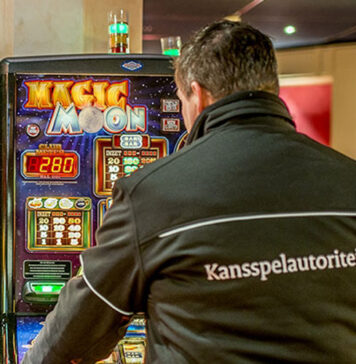
(Jamma) In just a few hours, the news that culture in France has more turnover than the automotive industry bounced from local newspapers to the press of all of Europe. In particular in Italy where, in recent weeks, there has been a lot of talk about culture and the (missed) state investments in activities that could guarantee considerable and providential tax revenues.
The data is contained in the new study by EY (formerly Ernst&Young) commissioned by Saicem, the French SIAE. For the first time, the entire turnover of the sector has been calculated, adding up all the various activities, from art to music, from cinema to theatre, architecture, publishing and even video games. And the result is surprising: a good 74 billion euros in turnover, 4% of the national wealth produced. Contrary to what is usually thought, in short, culture weighs much more on the economy than sectors such as telecommunications (66,2 billion), chemicals (68,7 billion) and car production (60,4 billion). Also from an employment point of view, it is a sector that creates quite a few jobs: 7,1 million people employed in the sector, 5% of the active population.
It is a galaxy of activities and businesses that ranges from recruitment to information, with strong disparities within it. The highest turnover (19,8 billion) is in the so-called "visual and plastic arts": from graphics to photography, architecture and design. In second place (14,9 billion) is television, in third place (10,7 billion) is information between newspapers and newsmagazines. Then come music (8,6 billion), live entertainment (8,4 billion), books (5,6 billion), video games (5 billion), cinema (4.4 billion) and radio (1,6. XNUMX billion).
In short, video games are worth more than cinema whose popularity we would never have doubted. 80% of the turnover is exported and without considering export the market ranks third in Europe after UK and Germany. The turnover has recorded an annual growth from 6 to 10%, even in a context of economic crisis and the employees are over 24.000. Online games are growing in line with changing consumption patterns, while physical sales still account for half of the industry's sales.
These results are certainly not the result of chance, but rather the direct consequence of a specific investment and support policy for the sector.
Quite contrary to what has been done in Italy in the last ten years where, in a logic of contrast to the unregulated and irregular winnings gaming market, it has been preferred to completely wipe out a sector rather than protect it. The Italian legislator, 'reassured' by the signs of a future crisis in the arcade market and the so-called 'coin-op', gave the classic coup de grace to companies operating in 'coin-operated' entertainment, leaving as one and only the possibility of their conversion into companies operating on the winning gaming market.
Today from France we are being presented with a reality that we would have liked to be Italian too, but this has not been and will not be possible. Our country does not seem willing to invest in the entertainment machine market or even in the online gaming market (without cash prizes) although the data show that the demand is considerably strong.
But how does a country become a magnet for game development? Not simply by providing an interesting catchment area, as was the case for winning games, but by evaluating how many jobs e what prospects can create such an industry and open its doors, through concessions and financing, to all those software houses intending to create new offices. Because the game is not just mega-revenue winnings, but above all fun and entertainment. This has also been understood in Malta, a country known above all for its tourist nature, but which has already been home, for at least a decade now, to numerous companies related to the world of gambling, who develop the slot software and the whole structure right on the island (ex-British protectorate). many online poker rooms.
The Maltese government, fresh from this positive experience, has intuition that even real video games can be an important source of employment and began to move to drag new or already established companies to the island. For the record, it seems that the experiment was successful.










